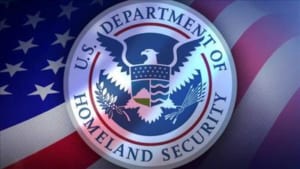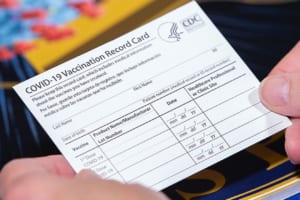When the petitioner of an I-130 Petition for Alien Relative (“I-130 Petition”) dies, it typically has repercussions for the beneficiary(s) of that Petition. The fate of the Petition depends on the stage of where the Petition was at the time of the petitioner’s death.
Before Petition Approval:
If the petitioner dies before the I-130 Petition has been approved by the United States Citizenship and Immigration Services (“USCIS”), the Petition is automatically revoked with no remedy available. The reasons for this rather harsh outcome is because the petitioner is considered a crucial part of the petitioning process and their death is viewed as a permanent change in circumstances.
After Petition Approval But Before Visa Issuance or Adjustment of Status:
If the petitioner dies after the Petition has been approved by USCIS but before the beneficiary(s) have been issued an immigrant visa or adjusted status, the Petition is also automatically revoked. However, an available remedy exists for the surviving beneficiary(s) in the form of Humanitarian Reinstatement. Humanitarian Reinstatement is a unique process which allows for the approved Petition to be reactivated if it is determined that there are compelling humanitarian reasons to do so. In order to be eligible for Humanitarian Reinstatement, the beneficiary(s) must have either a U.S. citizen or lawful permanent resident family member who is over the age of 18 and is willing to step in and fulfill the role of the original petitioner. Family members who are eligible to take over the role of the petitioner include a spouse, parent, mother or father-in-law, sibling, child, son or daughter in-law, grandparent, grandchild or legal guardian.
It is important to note that not only is Humanitarian Reinstatement discretionary, it requires a complex and detailed argument as to why USCIS should grant such remedy.
For more information, contact us at info@enterlinepartners.com and speak with a U.S. immigration attorney in Ho Chi Minh City, Manila and Taipei.
Ho Chi Minh City, Vietnam Office
146C7 Nguyen Van Huong St, Thao Dien Ward,
District 2, Thu Duc City
Ho Chi Minh City, Vietnam
Tel: +84 933 301 488
Email: info@enterlinepartners.com
Facebook: Enterline & Partners – Dịch vụ Thị thực và Định cư Hoa Kỳ
YouTube: @EnterlineAndPartnersConsulting
Website: http://enterlinepartners.com
Manila, Philippines Office
Tel: +63 917 543 7926
Email: info@enterlinepartners.com
Facebook: Enterline and Partners Philippines
Website: https://enterlinepartners.com/language/en/welcome/
Copyright 2023. This article is for information purposes only and does not constitute legal advice. This article may be changed with or without notice. The opinions expressed in this article are those of Enterline and Partners only.








